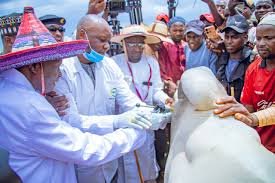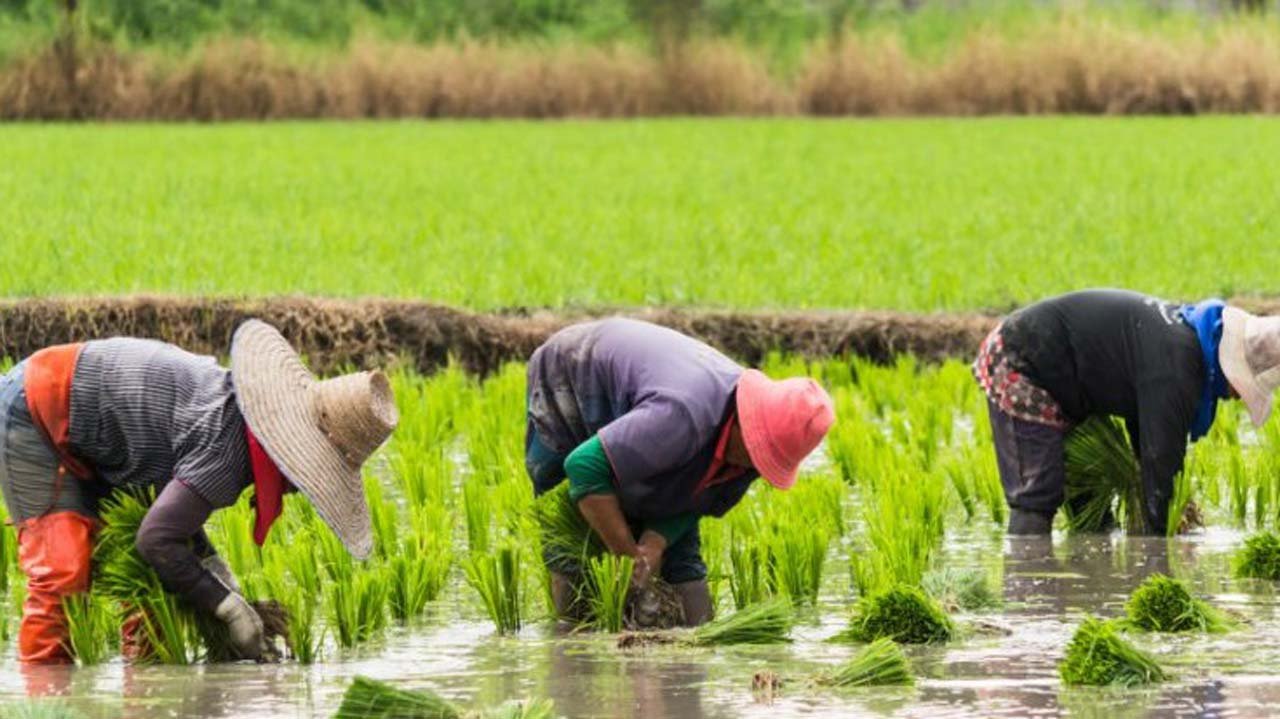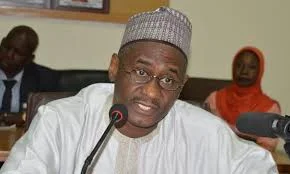The Federal Government is seeking a $500 million loan from the World Bank to enhance rural road infrastructure and agricultural marketing.
This initiative, detailed in the Resettlement Policy Framework for the Nigeria Rural Access and Agricultural Marketing Project Scale-Up (RAAMP-SU), aims to improve connectivity for 92 million rural Nigerians currently lacking access to quality roads.
The policy framework states, “Nigeria’s road network spans approximately 194,000 kilometers, including 34,000 kilometers of federal roads, 30,000 kilometers of state roads, and 130,000 kilometers of rural roads.
ALSO READ: World Bank to CBN: Interest Rate Hikes May Not Control Inflation
Despite this, only 25.5 percent of the rural population lives within 2 kilometers of an all-weather road, highlighting a significant connectivity gap.”
The RAAMP-SU project is designed to enhance rural access and climate resilience, boosting agricultural productivity and marketing opportunities for rural communities.
Objectives include improving rural connectivity, strengthening institutional capacities for road management, and ensuring sustainable financial and institutional support for road networks.
The RAAMP-SU is an extension of the earlier Rural Access and Agricultural Marketing Project, supported by the World Bank and the French Development Agency.
It is managed by the Federal Department of Rural Development under the Federal Ministry of Agriculture and Rural Development, with oversight from the Federal Project Management Unit.
The total project cost is estimated at $600 million, with the World Bank providing 83.33 percent of the funding.
This commitment is 79 percent higher than the initial $280 million for the parent project. Key project components include Improvement of Resilient Rural Access ($387 million), Climate Resilient Asset Management ($158 million), and Institutional Strengthening and Project Management ($55 million).
ALSO READ: Nigeria Begs World Bank To Extend $500M Covid-19 Loans Deadline
States wishing to participate must have functional Roads Funds and Agencies, complete with boards, staff, and budget provisions for administrative costs. The policy document also highlights the project’s potential to promote women’s representation in the transport sector.
Funding will be allocated competitively among states, based on a socioeconomic selection matrix that considers rural access to basic services, food security, project readiness, and state commitment to infrastructure maintenance and potential co-financing.
Resettlement and compensation plans must be implemented before any project activities causing resettlement can proceed, ensuring minimal disruption to affected communities.
.


























